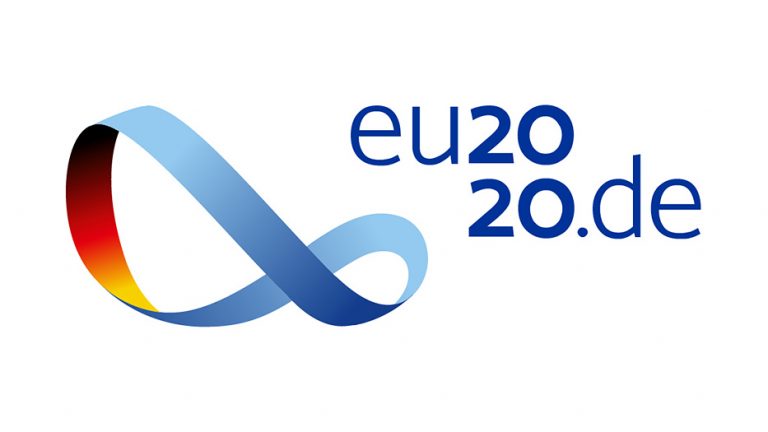Dear friends,
Dear interested,
The six-monthly rotating presidency of the Council of Ministers is an opportunity for the Member States to influence European policy for years to come. Only every 14 years or so does each national government have the chance to shape the fate of the EU so directly. Unfortunately, our stocktake after four months of the German presidency is sobering. The Grand Coalition has made progress as presidency in some areas – for example, in the post-corona crisis recovery – but it often slows down the pace or proposes completely inadequate compromises. We German Greens in the European Parliament have produced a brief overview: From Corona recovery and the environment to social affairs, finance and foreign policy (in German). To this end, Rasmus Andresen, Michael Bloss, Reinhard Bütikofer, Anna Cavazzini, Anna Deparnay-Grunenberg, Daniel Freund, Alexandra Geese, Martin Häusling, Pierrette Herzberger-Fofana, Sergey Lagodinsky, Katrin Langensiepen, Erik Marquardt, Hannah Neumann, Niklas Nienaß, Jutta Paulus, Terry Reintke, Viola von Cramon and I have each assessed our areas of expertise. Of the many exciting topics, I believe three major legislative processes stand out that will shape Europe in the coming years and decades.
1. The German government is playing for time with the overdue European Climate Law – although it already reached a compromise on many points in the Council in October, the German Council Presidency is postponing the decisive agreement on a new greenhouse gas emissions reduction target for 2030 until December. This means that the first European Climate Law will probably not be passed this year. We Greens therefore call for a special European Council climate summit before December.
2. The reform of the Common Agricultural Policy was negotiated by the German Minister of Agriculture, Julia Klöckner, almost as if climate change did not exist. If the ministers of agriculture have their way, about two thirds of the agricultural money will continue to be distributed to European farmers in the form of direct payments without significant environmental conditions. Nevertheless, Agriculture Minister Klöckner is publicly presenting herself as a defender of binding environmental ambitions in the CAP negotiations. This game of hide-and-seek makes a political dialogue complicated, if not impossible. We Greens call on the Commission to withdraw the current proposal and present a new one that does not run counter to the European Green Deal. Although Commission President von der Leyen is strongly opposed to this, her Executive Vice-President Timmermans has signalled his willingness to do so if Member States continue to undermine the goals of the Green Deal.
3. The Federal Government proposed substantial cuts to the EU budget, particularly in future-oriented areas such as research and health. Ultimately, it is thanks to the strength of the European Parliament and to its unanimity that it was possible to achieve some increased spending for many important programmes – Health, Erasmus, Horizon, Human Rights. Our efforts to introduce new own resources have also paid off: among other things, there will be a plastic tax, a CO2 border adjustment tax and a digital tax. Thanks to the strong negotiating position of the parliament, we were also able to achieve that 30% of the expenditure is reserved for climate protection and from 2026 onwards 10% for the preservation of biodiversity. In view of the initial refusal of the member states to accept quotas for climate and environment at all, this is a great success. Not least also for civil society, which has not let up. More details on the budget and the recovery program can be found here: https://sven-giegold.de/en/agreement-eu-budget-green-deal-financing/
We recognise Germany has not taken over the Presidency of the Council in an easy period. We are still in the middle of the Corona health crisis and the worst economic consequences are probably still to come. But especially in these difficult times Europe would have needed an ambitious German government at the head of the Council. There is still time until the end of the year to move forward many important laws and projects. This opportunity must be seized. We therefore call on the German government to fight for a just, social, united and sustainable Europe.
With green European greetings,
Sven Giegold
Link to our stocktake (in German): https://sven-giegold.de/deutsche-eu-ratspraesidentschaft-gruene-zwischenbilanz/

